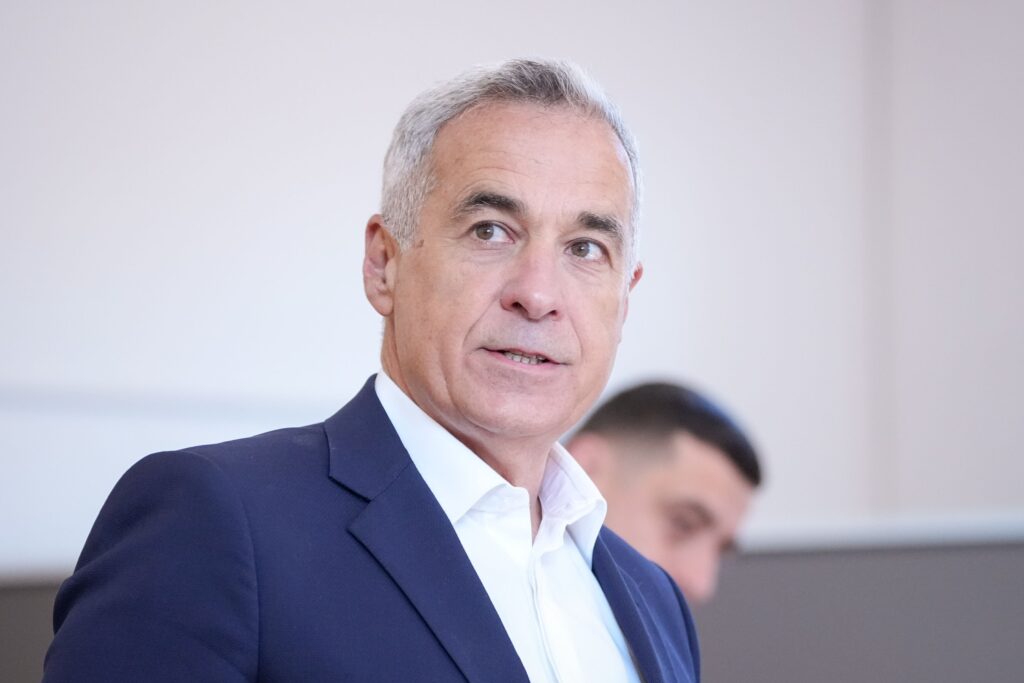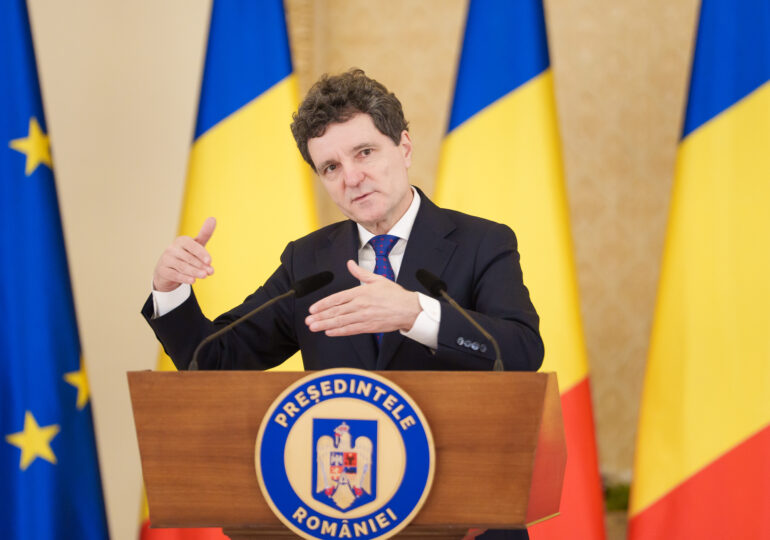In the new national defense strategy, put up for public debate, an innovative approach emerges that will fundamentally change the doctrine of the Romanian state, with major political, economic, and social consequences for the decades to come. It’s about the introduction of the concept of solidarity independence.
Over the next two weeks, there will be much discussion about it, with rapid political positions emerging, some vocal, others underground, but the consecration of the concept represents an important step taken by Romania to move away from the toxic position of playing both ends against the middle, a practice that has been prevalent across all institutional levels of the Romanian state until now.
“The key concept of the National Defense Strategy for the period 2025-2030, solidarity independence, arises from a lucid analysis of the present and a medium-term vision for our country,” as stated in the official document released by the President of Romania.
“More than two decades after joining NATO and 18 years since becoming a member of the EU, leveraging the benefits of these integrative processes, Romania now presents itself as a more self-assured country, confident in its own capabilities and potential. If Romania's voice is not yet commensurate with the true dimension of our country, especially at the regional level, it is also because the evolution of Romanian society and economy has often substantially outpaced the adaptation of national institutions to the new realities,” as specified in the document.
A Blockage in Communism
The statement above indicates, using mild words, that the political and defense institutions of our country have not yet emerged from communism.
From the outset, the President validates the position of many researchers, experts, and analysts who believe that the ambivalent policy has deeply weakened Romania, both in the face of enemies like Russia and in front of partners, due to lack of decision and involvement.
“In a symmetrical sense, by consistently pursuing its own interests and contributing with its unique expertise to allied and European policies, Romania has known how to give full value to its solidarity with allies and partners,” as stated in the document.
“Therefore, it can be affirmed that the two halves of the solidarity independence concept will mutually reinforce each other, illustrating that true independence cannot be devoid of loyalty and that the latter's value is fortified by the former,” according to the new National Defense Strategy.
The Effect of the Political Crisis in 2024
The escape from the swamp of Ceausescu's thinking is an effect of the major political crisis caused by Russia's interference in last year's electoral process.
For a few months, Romania was caught between the divergent interests of the US and the European Union, triggered by the aggressive vision of Donald Trump, who had just returned to the White House, and the hybrid attack carried out by the Kremlin, using active influence networks in Bucharest.

It became evident then the lack of a crisis strategy, as well as a doctrine to ensure coherence in institutional actions.
In other words, on what theoretical basis does the Supreme Council for Country's Defense (CSAT) react and on what does the President base the necessary arguments to make one decision or another.
In December 2024, it was observed from intelligence agency reports, declassified by Klaus Iohannis, the President at that time, that he made decisions based on documents presenting lists of names, facts, and specific situations, in some cases with conflicting data, without presenting the context and references to the state doctrine.
The Enemy Russia
“This document operates from a realistic assessment platform of the multidimensional threat posed by the hostile actions of the Russian Federation, as well as the risks created by the security context relevant to Romania,” as stated in point 7 of the new security strategy.
From this paragraph, it becomes even clearer that solidarity independence is an effect of Kremlin's actions that endanger Romania, as well as the Republic of Moldova.
Nicusor Dan, President of Romania, National Defense Strategy
Defending the country and increasing its relevance on the international stage starts from the premise of national unity around Romania's fundamental interests, a consensus that Romanians demonstrated when the objectives of joining NATO and the EU were articulated.
In the coming days and weeks, there will be much talk about this new concept, as well as the decisions, institutional responsibilities, and actions that will stem from it. Time is needed for specialists to delve into the new defense strategy and provide further explanations.
Now, just a few hours after being presented to the public, it can be noted that the document was anticipated, sparked public interest, and will have a significant impact on society, in the relationship between citizens and political institutions.

